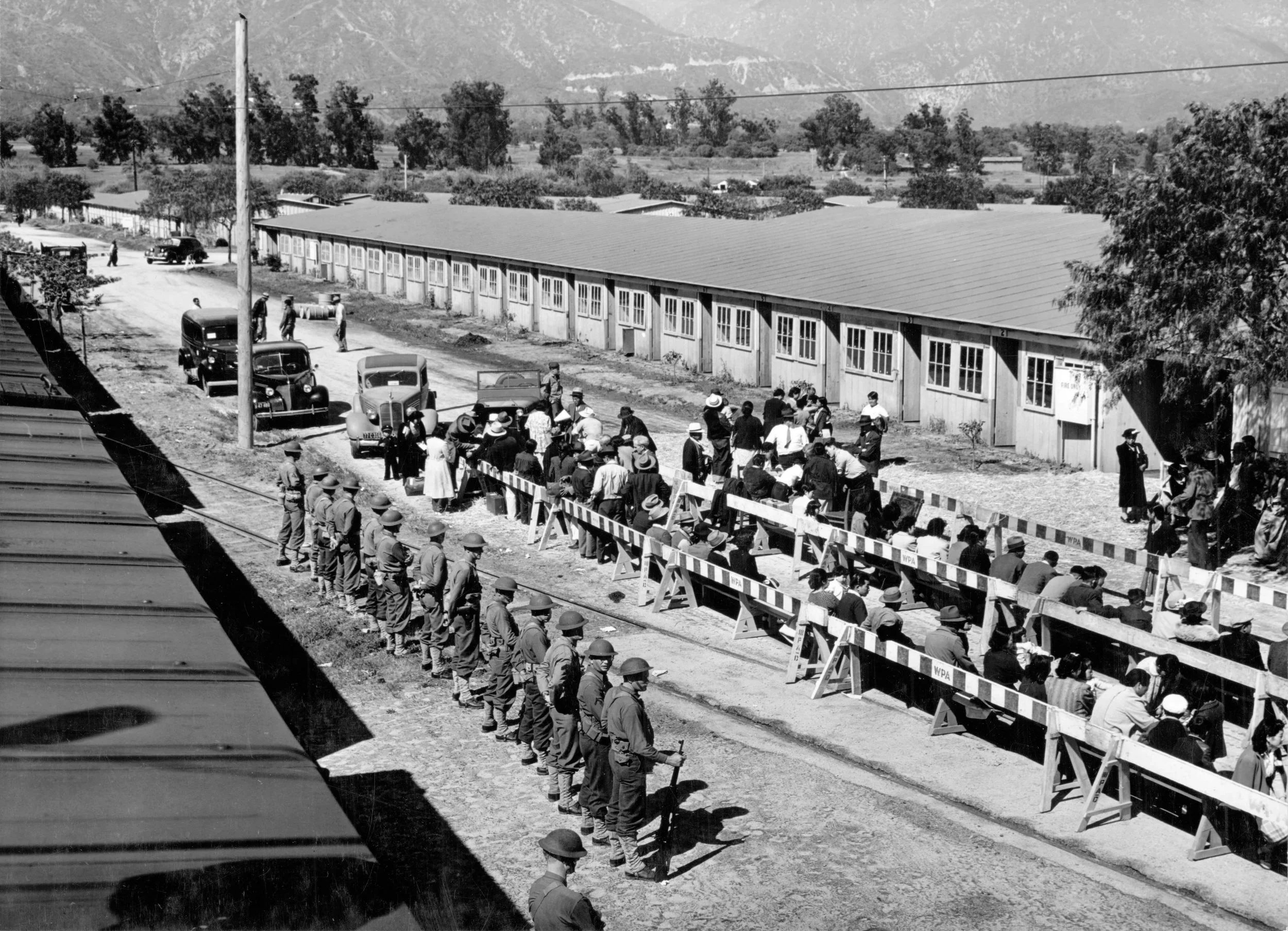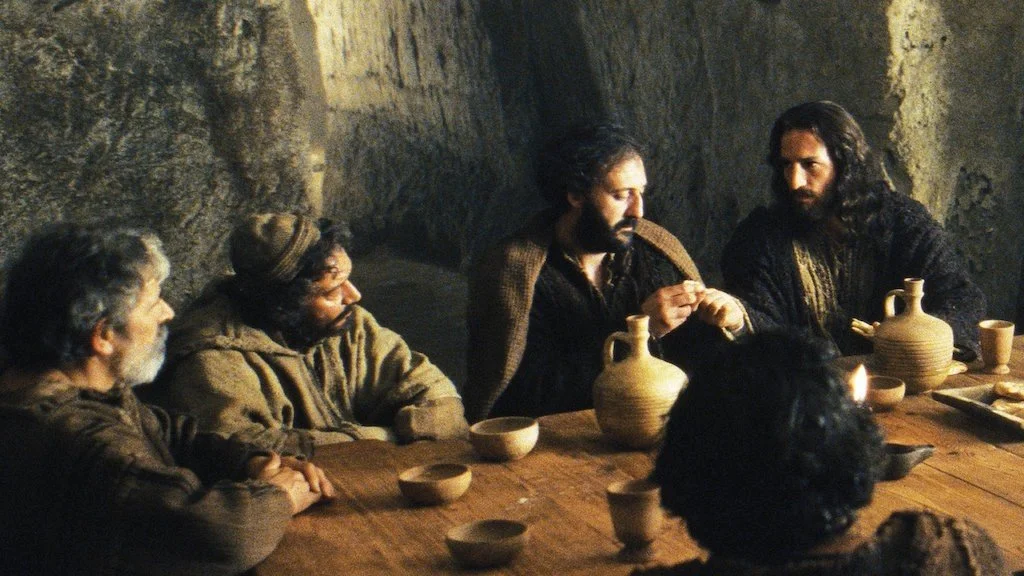My dear friend and mentor, Dr. Ron Tyler, would often say, “the apostles didn’t waste papyri.” Luke was not an apostle, but he was equally not wasteful. Yet, when we come to the last event Luke mentions before Pentecost, the replacement of Judas, a considerable length of papyri is used. Two questions come to mind. Why tell the story at all? Why give it so much space?
At the Right Hand
The Great Commissions
The Risen Jesus Reshapes Our Narrative
THOMAS: THE LORD’S PUDDLEGLUM
I would not like to be remembered throughout history from my most unflattering moment, and I’m pretty sure you would not, as well. Yet, that’s what happened to Thomas, called the twin, who was one of the twelve disciples of Jesus. We know him as “Doubting Thomas.” His failure to believe his brother disciples on Easter night when they told him that Jesus had risen, is certainly not Thomas’ best moment! But forever “Doubting Thomas” is both harsh and unfair. Have you ever referred to Simon Peter as “Denying Peter?” Is Paul known to you as “Persecuting Saul?” You might think that the only thing we know about Thomas is his doubting, but that’s not the case…
Emmaus, a Communion Meditation
The clever serpent of the garden told the woman (Adam seems to be right beside her) a deceptive partial truth. Although their eyes were opened, they were opened to the naked shame of their rebellion. In taking the food of rebellion, they would lose the vision of the LORD God’s glory-filled presence—a presence hidden from them East of Eden…
Counting the Cost
There is a scene in the classic western, “The Magnificent 7,” where Chris, the leader of a small group of men who are good with guns, approaches a character named Harry about joining in an effort to help a small Mexican village defend itself from a large band of bandits. Harry is convinced, however, that this is just a cover for something bigger, such as gold, cattle, or payroll. “Only what I told you,” said Chris. “Sure, never mind. Just tell me when you can,” Harry replied. Exasperated, Chris says, “Harry, please don't understand me so fast!”
Renounce My Possessions?
Carry Your Cross
In Luke 14:25-33, Jesus warns would be followers to consider the implications of following Him to Jerusalem and the crucifixion that awaited. In last’s week’s blog, we saw that Jesus told the crowd that the call of the Kingdom of God demanded a radical choice of the King and His Kingdom over the closest family relations and duties. Now, we come to the second, and starkest of the three conditions for following Jesus, carry your cross (daily).
Love Your Enemies, but Hate Your Family?
As we approach Good Friday and Easter, I’d like to spend the next three blogs looking at one of the most challenging passages in the Gospels, Luke 14:25-33.
The Gospel of Luke takes an important turn in 9:51.
As the time approached for him to be taken up to heaven, Jesus resolutely set out for Jerusalem. (Luke 9:51 NIV)
Restricting Disruptive Speech—1 Cor. 14
The Sovereign Movement of the Spirit
The recent events at Asbury University (dare we say Awakening?), have prompted me to think again about 1 Corinthians 14. As many of you are, I am an heir of the American Restoration Movement, also called the Stone-Campbell Movement. At least within the churches of Christ, the movement became solidly cessationist (the “miraculous” gifts of the Spirit ceased).
Interpreting and Interpreted
When I was growing up, my family lived in Southern California. However, my father's family lived in and around Lubbock, TX. So, we made frequent treks back to Texas. When we arrived at my grandparents’ house, I could hear my grandmother say something like, “Could someone carry me to Piggly Wiggly? I’m fixin’ to shop for sweet milk and light bread.” I would say, to myself, “What did my Granny Kelley just say?” Several thoughts occurred to me …
Sola Scriptura and the Witness of the Church
Not too long ago, we visited an out-of-state church, and attended their adult Bible class. It was on a difficult book for contemporary Christians to understand. After the class, I asked the teacher what books he found helpful. Without a hint of unkindness or arrogance, he told me that he only read the Bible, but quickly added that he checked cross-references.
The Gospel is for All
In 1940, John Moody McCaleb left a land and a people he had grown to love, never to return, for the winds of war were blowing strong. After his life’s work in Japan had ended, he moved to Los Angeles, CA, where he taught at George Pepperdine College. Not far from that campus, Japanese Americans, unlike German and Italian Americans, were herded into internment camps, such as Santa Anita Racetrack.
The Mystery of Unbelieving
A Worthy Manner of Discerning the Body
20 So then, when you come together, it is not the Lord’s Supper you eat, 21 for when you are eating, some of you go ahead with your own private suppers. As a result, one person remains hungry and another gets drunk. 22 Don’t you have homes to eat and drink in? Or do you despise the church of God by humiliating those who have nothing? What shall I say to you? Shall I praise you? Certainly not in this matter!
Demas or Mark or Martin
…for Demas, having loved this present world [or age], has deserted me and gone to Thessalonica…11 Only Luke is with me. Pick up Mark and bring him with you, for he is useful to me for service… (2 Timothy 4:10-11 NASB)
Paul spent his last days in this present world in the Mamertine Prison in Rome, waiting for the certain execution that would deliver him to the eternal age. Except for Luke, Paul is alone. Some of Paul’s team have left with his blessing in order to continue their missions. However, Demas’ leaving was desertion…
Roman Reflections on Resolutions
While sitting down, reflecting on failing to keep my New Year’s resolutions, I finally saw the problem. Since I was sitting in front of a mirror, I saw that I was my problem! It’s not a problem of my intentions or lack of resolve in my resolutions. It’s deeper than that. It’s my reliance on my intentions and resolve. It’s my trust in my will power…
Jesus’ First Prophets and Evangelists
What do you do when you find out that the subject of the blog you intended to write was just published by no less than one of the best of today’s New Testament scholars, Ben Witherington III, in Biblical Archaeology Society? I don’t know your answer, but my answer is to write it anyway, while encouraging you to read Ben.





















